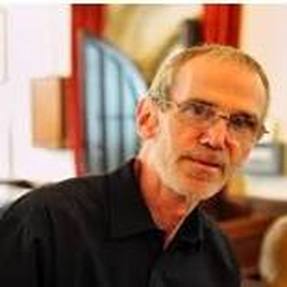Jill and I were at the CBSO Centre in Birmingham last Friday evening to see and hear the world première of Howard’s setting of The Rime of the Ancient Mariner, Coleridge’s extraordinary addition to Lyrical Ballads of 1798. It is clearly lyrical and it is certainly a ballad, but it sits uneasily in the collection, as much now as at the time of publication. It was however an appropriate text on the day following the vote to bomb Syria: With my crossbow, I shot the ALBATROSS.
As a consequence, “four times fifty’ innocents are sentenced to death, whilst ‘a thousand thousand slimy things lived on – and so did I’.
The poem is a metaphor for irrational, unjustified violence which provokes ‘unintended consequences’. It is also, of course, an allegory of Coleridge’s (vain) search for God.
So we set out with keen anticipation, fighting our way through the Friday evening crowds of Birmingham to reach the CBSO Centre, too late for the preceding talk but in plenty of time for the performance itself.
And we were not disappointed. It was breath-taking.
Added to a piano quintet was a horn and a bass, the piano punctuating and reinforcing the drama with profound chords, the cello underpinning the narrative, the bass emphasising the depth, the horn and the strings linking the parts of a neatly abridged version of the poem.
But it was Roderick Williams who stood out. He was magnificent, driving the narrative with impeccable articulation and dramatic (but not melodramatic) flourish: I would love to hear him sing Dylan’s Tangled Up in Blue, for example, with that same energy. As the proud uncle of Gareth Brynmor John, a rising star in the baritone firmament, I am not unfamiliar with the style. I can confirm that this performance was mesmeric, both musically and dramatically.
Between them, Skempton and Williams (because this was written with Williams in mind) have captured the real essence of the poem. Words and music share that deceptive simplicity – of language and structure. And, in a sense, Howard’s setting replaces the ‘scholarly notes’, the academic apparatus with which Coleridge entertained his readers back in 1798 but, rather than over-complicating the story, the music emphasises and reinforces the essential simplicity of the tale and its telling. It helps us to understand, as Coleridge intended, where we stand in the universe.
Like the Wedding Guest, we ‘cannot choose but hear’. And I am grateful that we were able, thanks to the generosity of Maurice and Sheila Millward who commissioned the piece, to do so.
Today from the everysmith vaults: Lento of course; but also continuing through the eighteen CDs of Dylan’s The Cutting Edge; and listening a great deal to (a recent discovery and revelation) Chris Forsyth and the Solar Motel Band: their album Intensity Ghost and a show from The Bowery Ballroom in New York last month, thanks to nyctaper.






 RSS Feed
RSS Feed